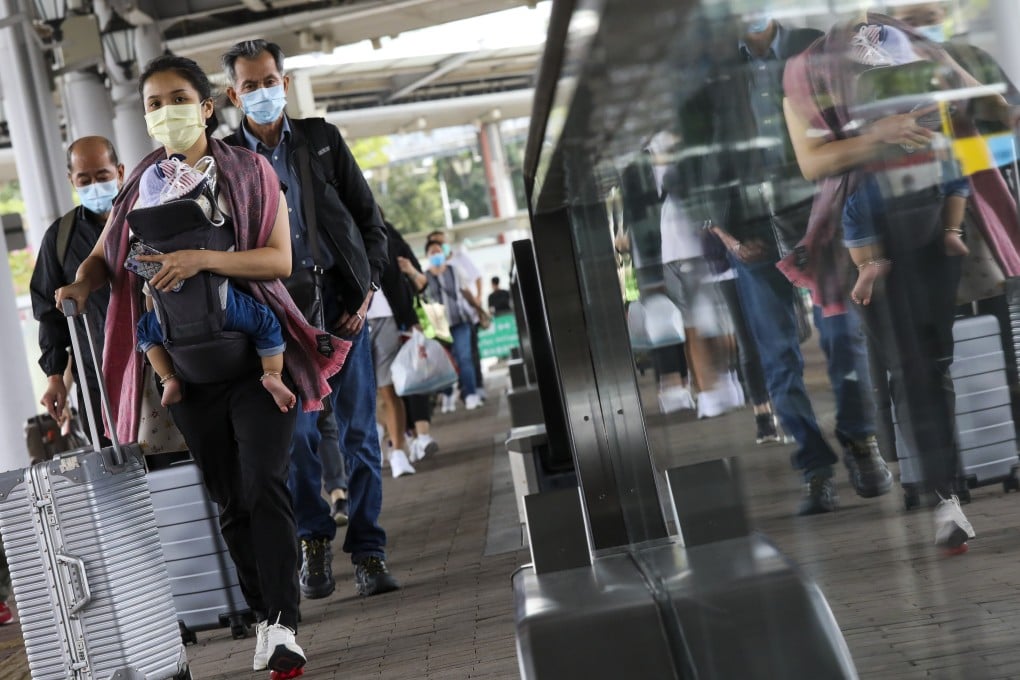Coronavirus: Wednesday relaunch of quarantine-free ‘Return2HK’ scheme for Hongkongers, doors open to others from mainland 1 week later
- Return of programme for residents will see six medium- or high-risk areas excluded, with ‘Come2HK’ scheme for non-residents on September 15
- Hong Kong confirms six new imported cases of Covid-19 in arrivals from Britain, the Philippines, Tanzania and the US

But six mainland areas currently considered medium- or high-risk for Covid-19 will be excluded from the scheme, which caps the daily quota for returning residents at 6,000.
The programme was suspended last month for Macau and mainland provinces other than neighbouring Guangdong in a bid to prevent a resurgence of infections across the border from spreading into the city. The suspension meant most returning residents needed to spend 14 days in isolation at home and submit to five rounds of testing.
“Since last November when the ‘Return2HK’ scheme was launched, more or less 200,000 residents have returned, but not a single case of infection was found. So we can proceed with this plan without worries,” Lam said.
The chief executive also announced that the “Come2HK” scheme, which was suspended before it could take off as planned in mid-May, would now be launched on September 15, enabling non-residents in Guangdong province and Macau – including mainlanders and expatriates – to come to the city without undergoing compulsory quarantine. The quota will initially be capped at 2,000 people per day.
Hong Kong confirmed six new coronavirus cases on Tuesday, all imported and involving arrivals from Britain, the Philippines, Tanzania and the United States. They all carried the L452R mutation, which has been linked to several coronavirus variants, including the Delta one.